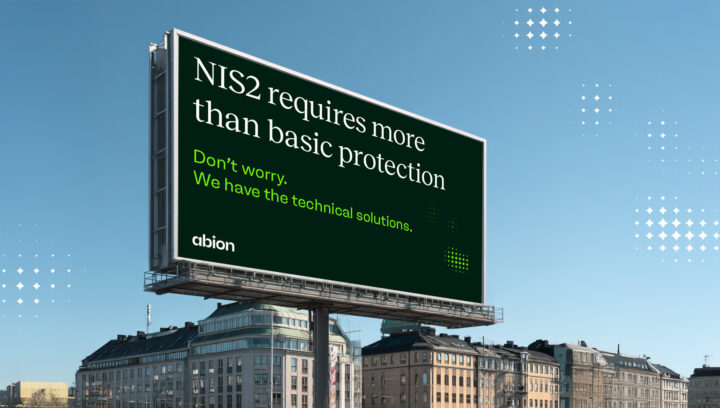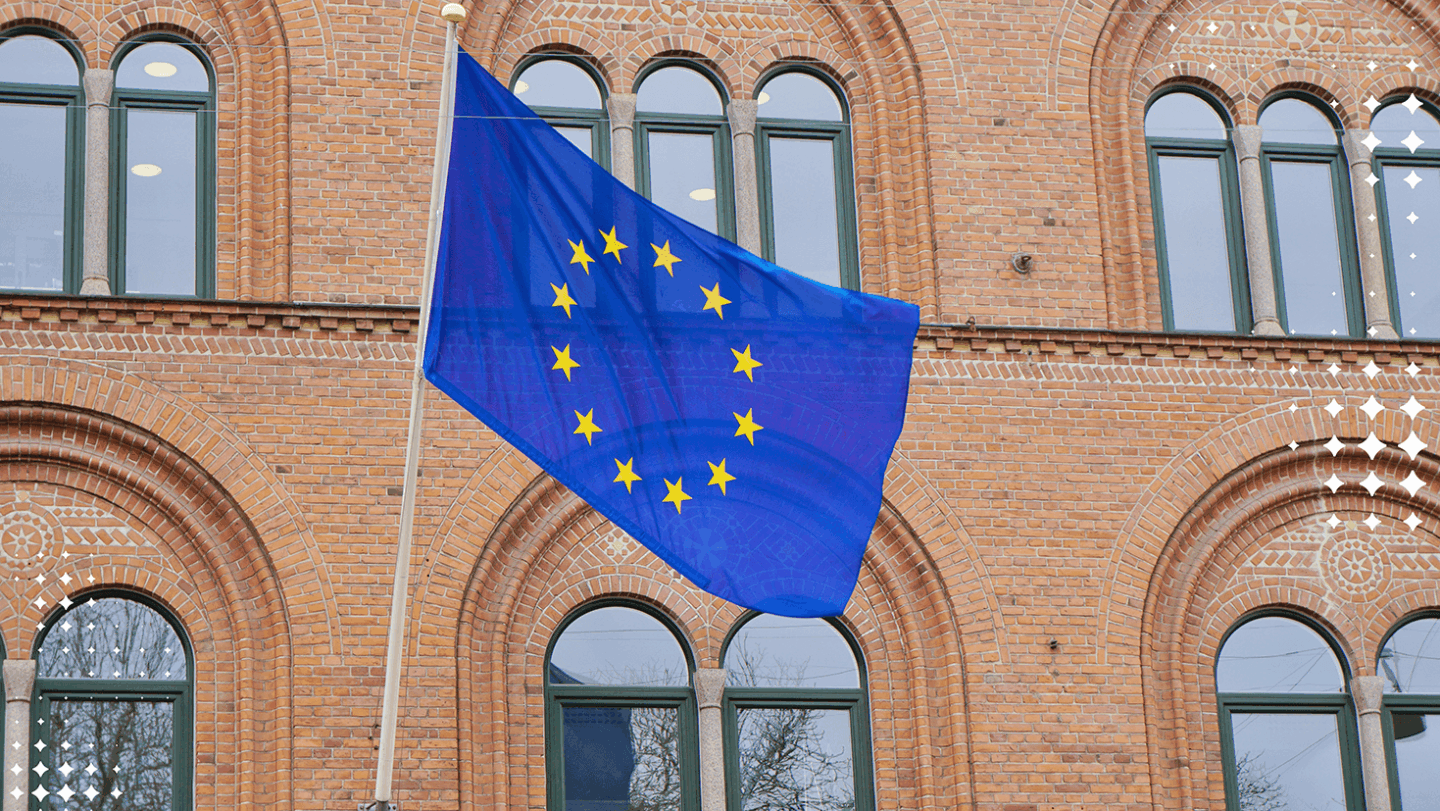COVID-19: Proper reasons for non-use of trade marks?
- IP & Trademarks

Unmasking the potential impact of COVID-19: Can the pandemic justify non-use of trade marks? A key decision in Turkey sheds light on this burning question. Yasemin Aktaş, Partner in our Turkey office reports on this recent decision and discusses its potential implications.
A burning question in Turkey has been whether the COVID-19 pandemic could constitute a proper reason for “non-use” of a registered trade mark. Yasemin Aktaş reports on a recent decision that brings some clarity.
According to Article 9 of the Turkish Intellectual Property Code 6769 (IP Code), trade mark registrations are vulnerable to cancellation if they have not been put to genuine use on the goods and services for which they are registered within any continuous period of five years from the date of registration, unless there are “proper reasons” for non-use.
Proper reasons
The concept of “proper reasons” is not interpreted in the IP Code. The doctrine accepts that the concept of “proper reasons” does not necessarily require the existence of an objective impossibility and states that any situation beyond the control of the trade mark owner and in (sufficiently) direct relationship to the trade mark to make use impossible or unreasonable can be deemed as “proper reasons”.

Natural disasters, states of war, economic crisis, changes in customs legislation, delay/failure to give the necessary administrative permission bring goods to the market are all likely to be considered “proper reasons” according to the Turkish doctrine.
The registrant was using its other registered trade marks on “microphones, speakers, headphones”, but could not submit any adequate evidence proving the use of the conflicting registration.
Instead, it claimed that it was preparing for the use but could not put the products onto the market due to the COVID-19 restrictions put in place in Turkey from March 2020.
Conversely, the Supreme Court has found that fire in the factory (2009/5669 E., 2010/12171 K.), seizure of the brand (2002/1719 E., 2002/2064 K.), and declaration of concordat (2007 /10093 E., 2008/13302 K.) are not “proper reasons” for non-use of a registered mark, as they are a normal part of ongoing business and can be avoided or overcome with a well-planned or adapted strategy.
Recent case
In a recent case, a US company filed a court action against a Turkish registrant for non-use cancellation of its trade mark registration covering “microphones, speakers, headphones” among others in class 9, of which the five-year grace period ended on 18 August 2021.
It claimed that it could not start manufacturing due to imposed lockdowns and the difficulties arising from the national and global economic crisis made it impossible to generate more investment for the related mark at that time.
The First Instance Court rejected the registrant’s defences and ruled for non-use cancellation of the registration to be effective as of 19 August 2021. This was on the grounds that the economic crisis or slowdown in national/international trade due to the pandemic did not constitute a justification for not using the registered mark.

Appeal pending
The registrant appealed the decision, and the appeal is now pending before the Regional Court. Finalisation of this decision will hopefully provide some clarification as to whether the COVID-19 pandemic could constitute as a “proper reason” for non-use of a registered trade mark in Turkey.
This is of particular importance considering the defense was not accepted as a “proper reason” even though almost one-third of five years’ grace period following the registration was overlapping with the duration of the COVID-19 pandemic.
This article was first published on the MARQUES website on the 8th of June 2023.
Get in touch!
If you would like to talk to Yasemin on this topic or IP protection in Turkey in general, please contact her directly.
Related articles
Do you want to know more about how we can protect your trade mark?
Are you interested in protecting your trade mark? Contact our lawyers and experts today and start your journey towards a strong trade mark!


